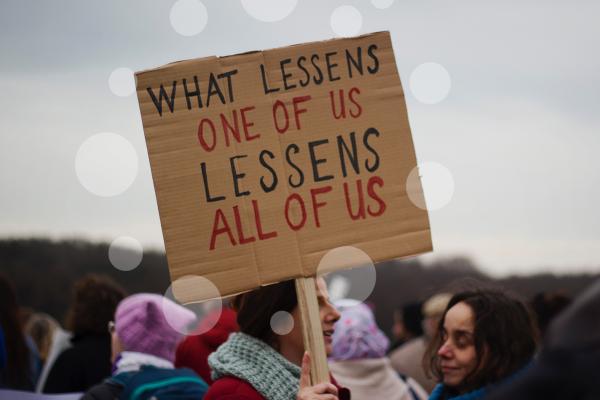A resurgence in the discussion
The 'beyond GDP' discussion started in the mid-20th century, gaining prominence following then US-presidential candidate Robert F. Kennedy's critique of GDP in a 1968 address.
The discussion has been revitalised in recent years: in 2008, the French government created the Commission on the Measurement of Economic Performance and Social Progress, to address the limitations of GDP as a measure of economic performance and social progress.
Led by renowned economists Joseph Stiglitz, Amartya Sen and Jean-Paul Fitoussi, the Commission released its final report in 2009. It has become the cornerstone of the ‘beyond GDP’ initiative.
OECD
In 2018, the OECD released a two-volume follow-up report, building on the work of a high-level group, chaired by Joseph Stiglitz, Jean-Paul Fitoussi and Martine Durand.
- Beyond GDP: Measuring What Counts for Economic and Social Performance is an overview of the progress accomplished since the 2009 report and of what still needs to be done.
- For Good Measure: Advancing Research on Well-being Metrics Beyond GDP presents advances on the research front, on issues such as how to better include the environment and sustainability in our measurement system, and how to improve the measurement of different types of inequalities, economic insecurity, subjective well-being and trust.
The reports shaped the OECD’s Well-being Framework that helps to monitor societal progress ‘beyond GDP’.
To understand whether practical wellbeing policies are improving lives, the OECD Centre on Well-Being, Inclusion, Sustainability and Equal Opportunity (WISE) hosts the Knowledge Exchange Platform on Well-being Metrics and Policy Practice, which collects information on country-level initiatives and experiences, and publishes the periodical How's Life? Measuring Well-being report.
UN
The UN 2021 report, 'Our Common Agenda', proposes a path forward, centred on the renewal of our social contract, greater solidarity with young people and future generations, and a new global deal. 12 policy briefs provided further detail on certain proposals to Member States, supporting their preparation for the Summit of the Future. The policy brief 'Valuing what counts' presented reasons why the international community needs to go beyond GDP and provided recommendations.
In September 2024, the Summit of the Future gathered world leaders to foster global cooperation and navigate the challenges faced by our world today. The Pact for the Future that emerged from the summit includes Action 53 which states, 'We will develop a framework on measures of progress on sustainable development to complement and go beyond gross domestic product.'
The UN Network of Economic Statisticians also works on the measurement of wellbeing by aiming to deliver a Framework for Inclusive and Sustainable Wellbeing (FISW).
International accounting standards
The UN 'System of National Accounts' (the internationally agreed standard set of recommendations on how to compile measures of economic activity) is undergoing an update, scheduled to be completed by 2025, that gives more prominence to the environment and wellbeing. These changes will be reflected in a new version of the European System of National and Regional Accounts, and are expected to be implemented in the EU as of 2029.
The System of Environmental-Economic Accounting (SEEA) is a framework that shows the links between the economy and the environment. The EU has transposed the SEEA framework in the European environmental economic accounts. Currently, the data collection covers six thematic accounts - greenhouse gases and air pollutants, economy-wide material flow accounts, physical energy flows, environmental taxes, environmental goods and services sector and environmental protection expenditure. In 2025 and 2026, EU countries will start reporting on 3 new areas - forests, ecosystems, and environmental subsidies.
World Bank
The World Bank produces the Changing Wealth of Nations series that provides a comprehensive account of the wealth of nations, going beyond economic output, and improving the accounting of natural, human and produced capital.

